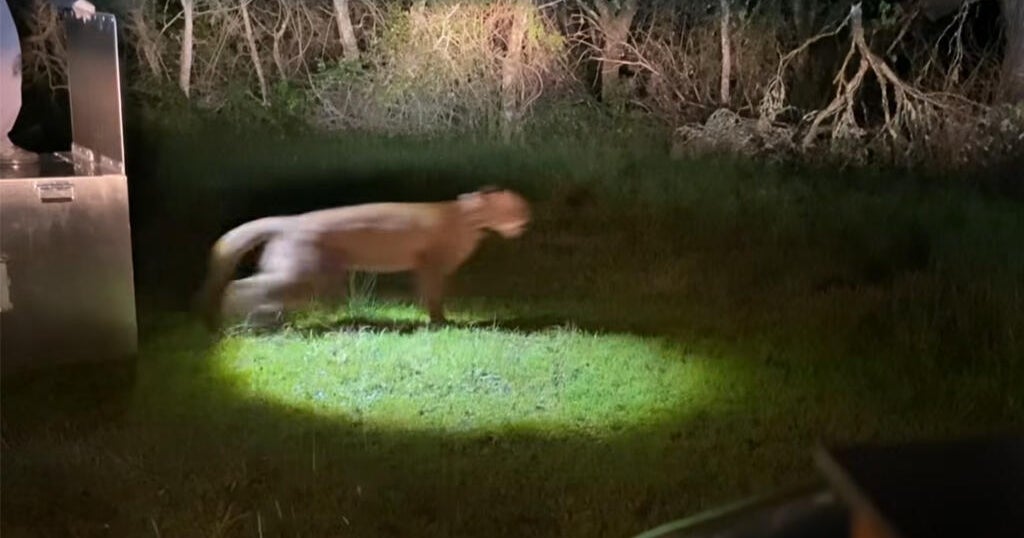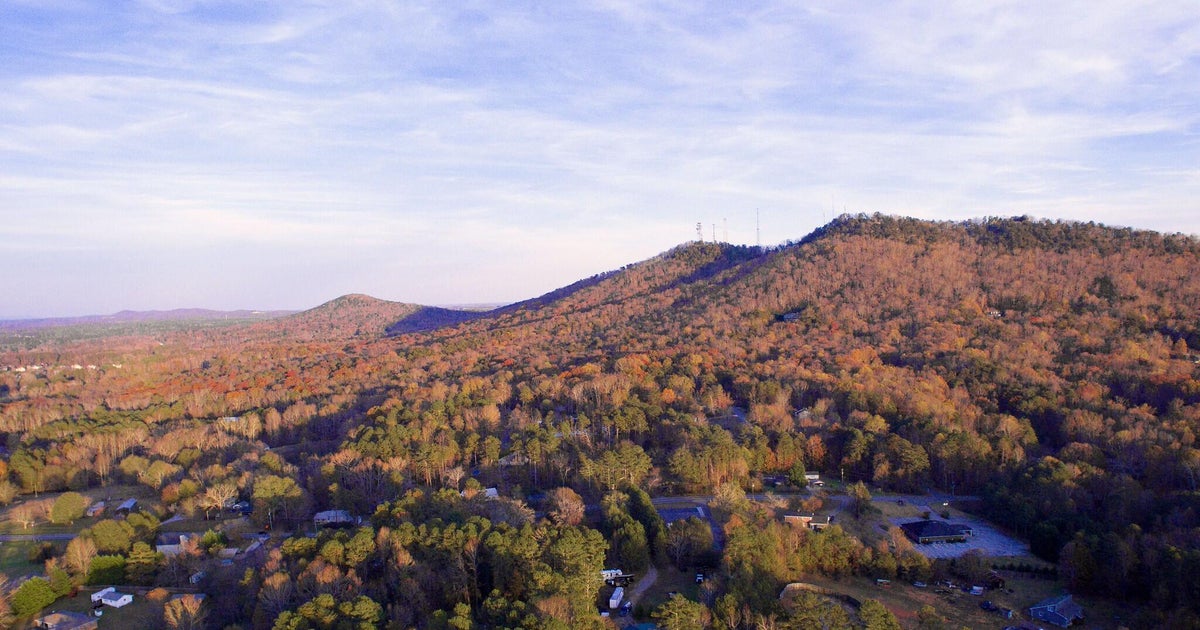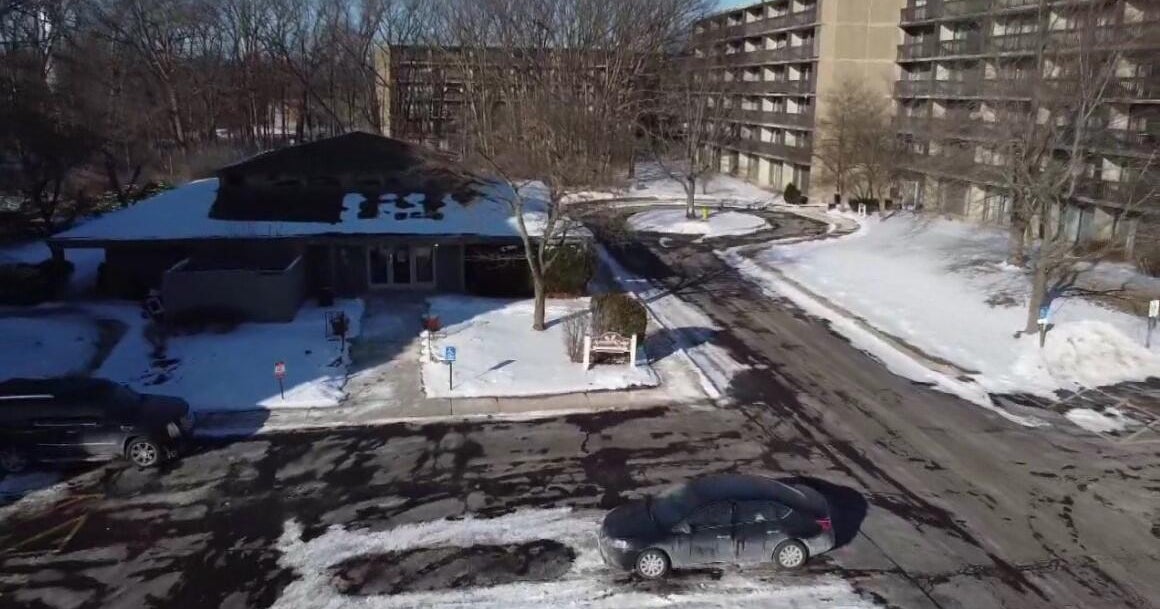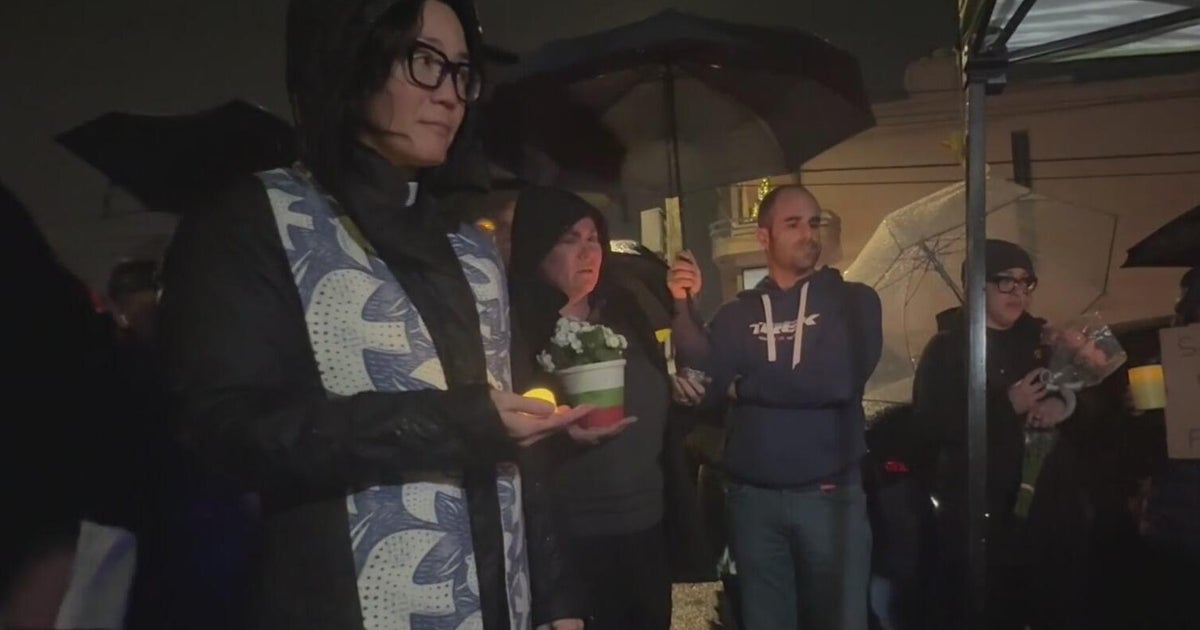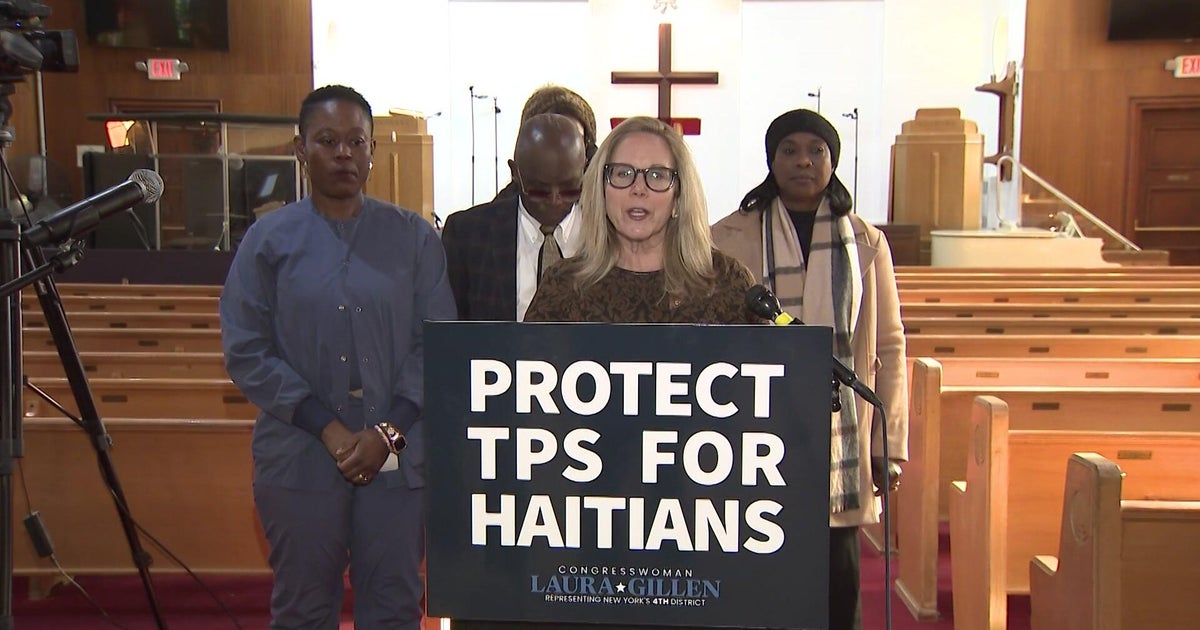San Jose State wildfire researchers studying importance of forest management
San Jose State wildfire researchers are studying the impact of the devastating CZU Lightning Complex Fire in the Santa Cruz mountains and the importance of forest management to keep forests safe from extreme wildfires.
"San Vicente Redwoods is a pretty epic place," said Nadia Hamey, Lead Forester and Property Manager at the San Vicente Redwoods.
Hamey remembers all too well when the CZU Lightning Complex Fire tore through her beloved forest, calling it an intense time.
"In some places where there was high severity fire, I think it will be a while before a forest comes back," said Hamey. "There's no other event that would've informed what's transpiring now."
Hamey said, just six months before the CZU Lightning Complex Fire, they did a prescribed burn that ultimately protected that part of the forest.
"So, it kind of skipped over the prescribed burn footprint, and the Crown Fire kept raging through the area that had not had a prescribed to burn," said Hamey.
The contrast is striking. There is a clear difference where the forest was untouched by wildfire and then just a few feet away where the trees are burnt and blackened.
"This forest, and the community that I live in, went through the CZU fires, and it was very scary," said Julia Gaudinski, San Jose State Wildfire Interdisciplinary Research Center Associate Director. "Working here, though, gives me some hope because we are, you know, doing work to reduce fuels to keep this Warrenella Road as a fuel break, so there are actions being taken if a fire comes through here that we can hopefully hold it."
The Warrenella Fuel Break in the San Vicente Redwoods is Gaudinski's living science experiment.
"So, this is one of the treatments along Warrenella Road here where they have come in and removed the dead trees and left a residue of stuff less than about 12 inches in diameter," said Gaudinski.
San Jose State researchers are looking at the impact of a devastating wildfire on a forest, how it affects the soils and the forest's regrowth and recovery. They're studying what happens to the forest and especially the soils when dead trees are either burned, cut and chopped or masticated with a machine and then scattered in the forest. Their goal is to see how all of this impacts the forest's health and resilience.
"We have been suppressing fires for quite a long time and because of that, fuels have built up in our forest, and you combine that with increased fire weather severity and you get much more extreme fires than these ecosystems are used to. And so they do more damage than they historically did," said Gaudinski.
Gaudinski believes in her team's research, calling it important and inspiring work.
When she walks in the forest as an ecologist and climate scientist, she said she's in awe of it and wants to do all she can to protect it and prevent a monstrous CZU Lightning Complex Fire from ever happening here again.
The Warrenella Fuel Break project in the San Vicente Redwoods is a roughly $2 million project funded by the state.
